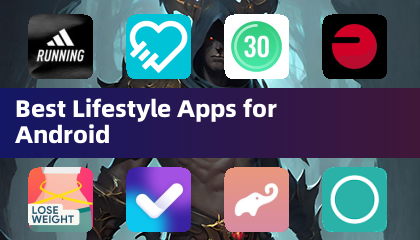Shuhei Yoshida, a former PlayStation executive and President of SIE Worldwide Studios from 2008 to 2019, recently expressed his reservations about Sony's push into live service video games. In an interview with Kinda Funny Games, Yoshida revealed that Sony was well aware of the risks associated with investing heavily in this genre.
This statement comes at a challenging time for PlayStation's live service ventures. While Arrowhead's Helldivers 2 achieved remarkable success, selling 12 million copies in just 12 weeks and becoming the fastest-selling PlayStation Studios game ever, other Sony live service titles have faced significant setbacks. Notably, Sony's Concord experienced a disastrous launch, surviving only a few weeks due to dismal player engagement. Consequently, Sony decided to terminate the game and shut down its developer. The financial impact was severe, with Concord's initial development deal reportedly costing around $200 million, as per Kotaku, though this sum did not cover the entire development, the acquisition of the Concord IP, or Firewalk Studios.
The failure of Concord followed the cancellation of Naughty Dog's The Last of Us multiplayer project. This week, Sony also reportedly canceled two unannounced live service games: a God of War title being developed by Bluepoint and another project at Bend Studio, known for Days Gone.
Yoshida, who recently retired from Sony after 31 years, shared insights into the company's strategy during his tenure. He mentioned that if he had been in the position of Hermen Hulst, the current Sony Interactive Entertainment Studio Business Group CEO, he would have resisted the shift towards live service games. Yoshida managed the budget and was responsible for allocating funds to various game projects. He emphasized the importance of not diverting resources entirely from successful single-player franchises like God of War to fund live service games.
Yoshida noted that after his departure, Hulst received additional resources to continue developing single-player games while also exploring live service options. Despite the high risk involved, Sony's leadership believed in giving Hulst the opportunity to experiment. Yoshida acknowledged the unpredictability of the gaming industry, citing the unexpected success of Helldivers 2 as a testament to this. He expressed hope that Sony's strategy would eventually pay off, though he personally would have resisted the live service direction.
In a recent financial call, Sony president, COO, and CFO Hiroki Totoki discussed the lessons learned from both Helldivers 2's success and Concord's failure. Totoki admitted that Sony should have implemented development checkpoints, such as user testing and internal evaluations, much earlier in Concord's development process. He suggested that earlier intervention could have allowed for improvements before the game's launch.
Totoki also criticized Sony's "siloed organization," which he believes hindered smoother development and sales processes across different teams. He pointed out that Concord's release timing, shortly after the successful launch of Black Myth: Wukong, may have led to market cannibalization. Moving forward, Totoki emphasized the need for better coordination and optimal release windows to maximize performance.
During the same call, Sony senior vice president for finance and IR Sadahiko Hayakawa compared the launches of Helldivers 2 and Concord, highlighting the valuable lessons learned. He stressed the importance of sharing these insights across Sony's studios to enhance development management and post-launch content strategies. Hayakawa also outlined Sony's plan to balance its portfolio with both single-player games, which have a higher predictability of success due to established IPs, and live service games, which offer potential upside despite the inherent risks.
Looking ahead, several PlayStation live service games are still in development, including Bungie's Marathon, Guerrilla's Horizon Online, and Haven Studio's Fairgame$.















